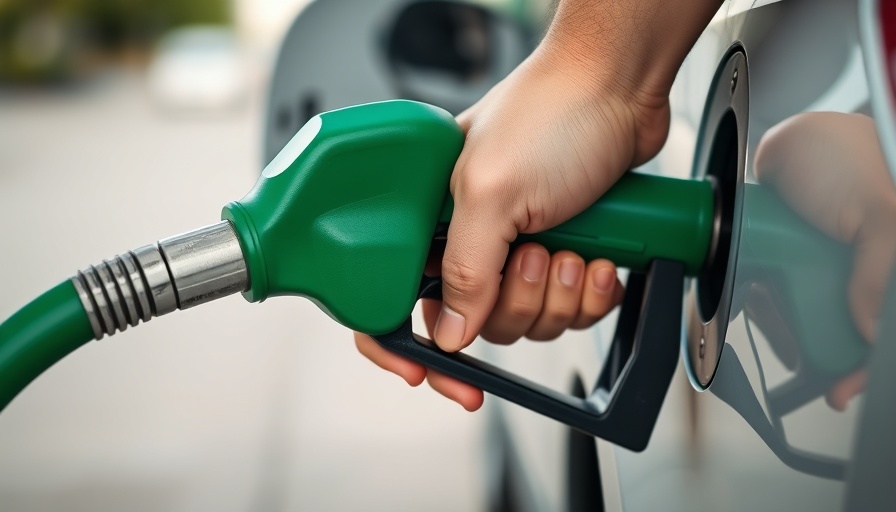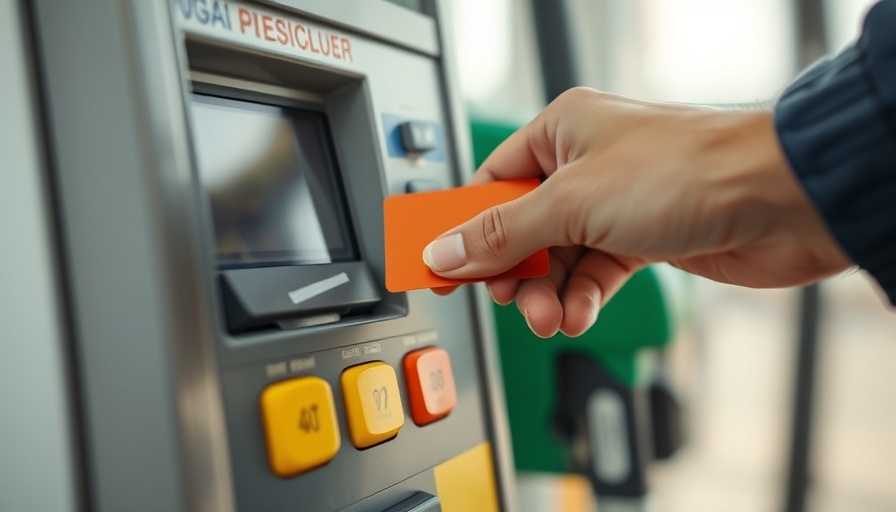
The Rise in Gas Prices: What You Need to Know
Gas prices are experiencing a noticeable shift, as highlighted by AAA's recent report. The national average for a gallon of gas rose by 4 cents, bringing it to $3.12. Despite the price of crude oil hovering below $70 a barrel, consumers are facing rising costs at the pump. This increase coincides with refineries' seasonal transition to the production of summer-blend gasoline, which is designed to withstand warmer temperatures and tends to be more costly to refine.
Understanding Summer-Blend Gasoline
Summer-blend gasoline is crucial for minimizing evaporation during hotter months. It undergoes additional treatment to ensure it remains stable even as temperatures rise. While it may sound technical, this process is vital for maintaining fuel efficiency and reducing air pollution. However, it also contributes to higher prices at the gas station.
The Impact on Consumers and Road Trips
For families planning automotive road trips, rising gas prices can significantly affect their budgets. It's essential for drivers to track gas prices and adjust their travel plans accordingly. Exploring alternatives such as carpooling or choosing destinations closer to home can help mitigate some of these rising costs.
EV Charging Costs Remain Stable
Interestingly, while gas prices are climbing, the cost to charge an electric vehicle (EV) at public charging stations remains steady at 34 cents per kilowatt hour. This stability may encourage more drivers to consider switching to electric options, especially given the unpredictability of gas prices.
Making Informed Decisions: Planning Ahead
As trends continue to evolve, it's advisable for consumers to stay informed about the automotive market's dynamics. This includes understanding how gas prices can fluctuate based on supply chain issues or seasonal changes. Planning road trips with detailed knowledge of fuel costs can significantly enhance your travel experience.
Conclusion: Stay Ahead of the Curve
In conclusion, as gas prices make their upswing, being proactive and informed is essential for both everyday driving and long-distance travel. Whether you're an avid road tripper or someone who relies on a vehicle for daily commutes, adapting to changing fuel costs will ensure you stay within your budget. For more insights into these trends and how they affect you, keep your plans flexible and stay tuned to reliable sources for ongoing updates.
 Add Row
Add Row  Add
Add 




 Add Row
Add Row  Add
Add 

Write A Comment